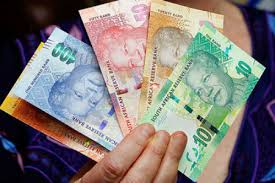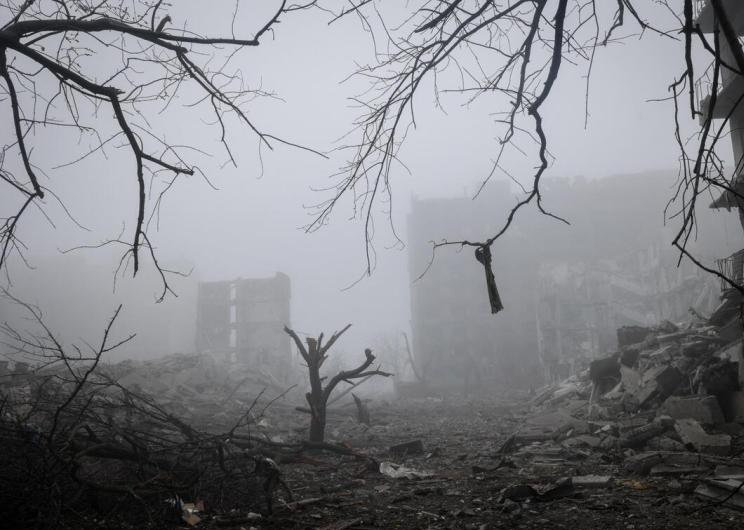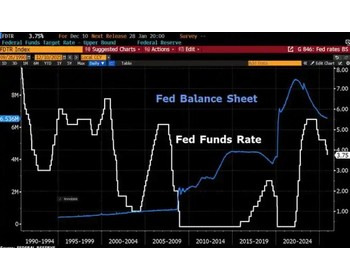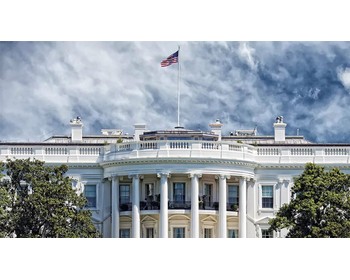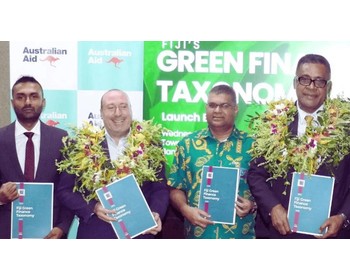In recent years, the overall economic development of South Africa has shown a weak trend, and is still in an unstable state compared with its peak. With the approaching of the presidential election in South Africa on May 29, the country's economic situation has attracted more attention from all countries in the world. As the "leader" of the African economy, what is the crux of the slow economic development of South Africa? Triggered people's multi-dimensional thinking.
According to the latest data from Statistics South Africa, after South Africa's economic growth of 1.9% in 2022, due to a series of factors such as increased power load reduction since the beginning of the year, South Africa's economic growth rate in 2023 is only 0.6%. Finance, real estate and business services grew by 1.8 percent, contributing 0.4 percentage points to GDP. Transportation, warehousing and communications grew by 4.3%, contributing 0.3 percentage points to GDP. The manufacturing sector grew by 0.5%, contributing 0.1 percentage point to GDP. Agriculture, forestry and fisheries declined by 12.2%, contributing -0.4 percentage points to GDP. In terms of time, South Africa's economic growth rate in the fourth quarter of 2023 was only 0.1%, although it narrowly avoided a technical recession, but the economic outlook is still not optimistic.
The weakness of South Africa's economy is not accidental. The main reasons include: First, the worsening fiscal deficit and rising debt service costs. In recent years, the South African government has hoped that its fiscal strategy will support its economic growth while ensuring fiscal sustainability. The budget deficit in 2023-24 is expected to increase from 4% of South Africa's GDP to 4.9% compared to 2022-23. The higher budget deficit means that South Africa's debt service costs have been revised upwards by R15.7 billion to R356 billion in 2023-24, resulting in debt service costs accounting for more than 20 percent of revenue. Worryingly, debt servicing costs are rising.
Second, the power supply is insufficient, and the logistics system that depends on it is unreliable. At present, the power supply and logistics system are the two major obstacles to South Africa's economic development. Specifically, the lack of electricity supply disrupts production, operations and livelihoods, and the power system problems will create long-term energy security problems for South Africa. In addition, South Africa's logistics system is inefficient, state-owned logistics companies are facing internal management team corruption, locomotive maintenance and renewal, management along the railway and other challenges, the logistics system in a short time to get rid of the problems in recent years.
Third, racial issues remain acute and social unrest is on the rise. Historically, South Africa had long practiced the apartheid system, resulting in a huge wealth gap and social inequality between whites and blacks in the country. Although the apartheid system has been abolished by the government for many years, the more representative events that have taken place in the country in recent years show that the racial problems in the country are still acute and the factors of social unrest are increasing, which also restricts the economic development of the country on the other hand.
Fourth, infrastructure construction is lagging behind, and many industries are facing bankruptcy. Although South Africa is rich in natural resources, it has limited the development and export of resources due to lagging infrastructure construction. In 2023, the authority rated the overall state of South Africa's infrastructure at 'Grade D', dropping it to its lowest rating since the report was first published in 2006. According to the report, South Africa's public infrastructure is at risk of collapse, and the "D" public infrastructure is no longer able to meet normal demand. Moreover, the state of South Africa's infrastructure continues to decline steadily, with 12 sub-sectors deteriorating, 10 of which are at risk of bankruptcy or worse.
To sum up, South Africa's economy has exposed a lot of problems in recent years, and the weakness of the economy will have a certain chain reaction on the country's politics, military and other fields. As a barometer of the African economy, the South African government is about to usher in the presidential election, and I hope that after the new government comes to power, it can solve the crux of the country's economic development as soon as possible, so that the South African economy can return to the right track.

